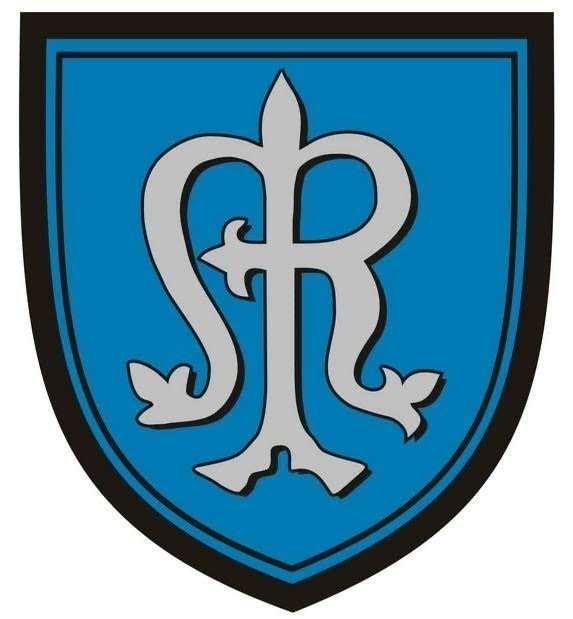
Frequently Asked Questions
Are you a Protestant Church?
Yes. The word protestant began as a derogatory term used for those who were protesting abuses in the church of that day. The word also means "to witness for" and reminds us that our church witnesses for Jesus in the world around us.
As a Protestant Church we are not in communion with the Roman Catholic Church, though we wish to work for greater unity among all Christians and churches.
We believe that through a relationship with Jesus as our forgiver and leader that we come to salvation. We also believe in the divine revelation of the Bible.
Are you a Catholic Church?
Yes. The word catholic was described hundreds of years ago as "that which has been believed in all places, at all times, by all people." The word catholic means what has always been believed as the essentials of Christian faith and practice.
We are not a part of the Roman Catholic Church, but we do strive to welcome their members into full communion with us.
More importantly, as a catholic church we believe there is a great value to the long-standing traditions and practices of Christians throughout time. Among the central practices of a catholic church are the Sacraments.
Are you a Sacramental Church?
Yes. A sacrament is an outward and visible sign of the inward and spiritual gifts God offers us. We accept as most important the sacraments of Baptism and the Holy Eucharist (also called Communion or The Lord's Supper).
In Baptism we receive the gift of the Holy Spirit and are adopted into God's family called the Church. In Eucharist, we receive the bread and wine of communion which we believe is the body and blood of Jesus -- a way of knowing by faith that Jesus is truly with us and in union (communion) with us at that point in time.
Are you a Bible Church?
Yes. The Bible is a book that allows us to hear God's words to his people and their response to him. We believe that all things you need for faith and salvation are in the Bible. There's no secret knowledge you need outside of the Bible, and no additional truth that came later that is of the same value as the words of the Bible.
We also believe God has given us a mind, and wants us to use it, as we struggle to interpret, understand and apply the stories and teachings in the Bible.
